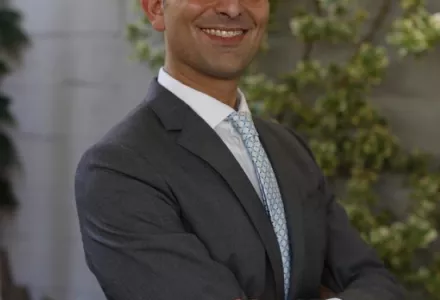Middle East Security Establishments and Social Reform
Across the Middle East, the security sector has exercised substantial influence over media, education, and religious institutions, often to the detriment of their societies and American interests. Could they instead become a force for positive reform, and what role might their American allies play in helping them? Please join the Intelligence and Defense Projects for a seminar with Middle East expert Joseph Braude, who will discuss these issues and provide a number of policy suggestions.

